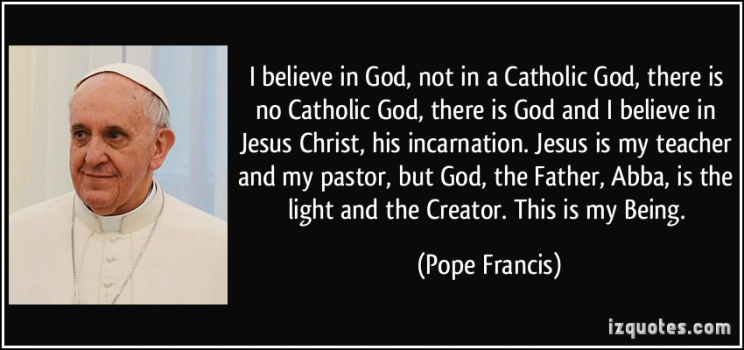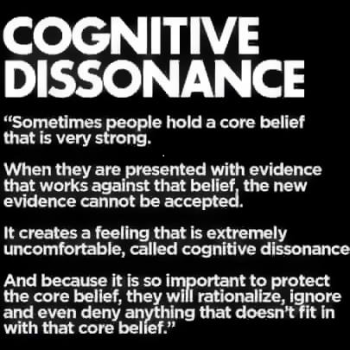FAULT LINES
Original sin is the term we use to describe mankind’s first transgression – Adam’s fall. It is also the term we use to describe the consequences or effects of that fall. For Adam, original sin was a personal, actual sin. For us, it’s an impersonal sin, not an actual sin. But here we distinguish; we do not separate, because it’s all of a piece. There is a bond that unites sin in all its forms.
When teachers discuss the mystery of original sin, they often use the metaphor of a “stain on the soul”. But that’s only a metaphor. Sin isn’t essentially a stain; it isn’t a spiritual substance. It isn’t a thing at all.
It is, rather, the lack of something, the absence of something, namely sanctifying grace. The indwelling life of the Trinity was evacuated from human nature by Adam’s sin. That’s what original sin is. We have to get at it by explaining what it isn’t. It’s the absence of something necessary for human beings to reach their divinely appointed end. The absence of sanctifying grace certainly does plunge us into darkness and blindness and death.
But it’s critically important for us to recognize that original sin is not something that’s transmitted biologically or psychologically. Yet at the same time we can speak of original sin as being something hereditary. Pope Pius XI wrote that “Original sin is the hereditary but impersonal fault of Adam’s descendants
Even that word choice - fault – might lead you to believe that original sin is something that renders us guilty. But it isn’t. Think of fault here in the sense of the San Andreas Fault, the fracture in the earth’s crust that renders California vulnerable to devastating earthquakes. It isn’t my fault, but it’s like a fault line that runs my soul and inclines me to be separate from God.
Original sin is the hereditary but impersonal fault of Adam’s descendants: One man’s trespass led to condemnation for all men…By one man’s disobedience many were made sinners, who have sinned in him. (Rom 5:18-19)
The mystery, of course, is how we sinned in Adam. We sinned in Adam, in a sense, because there is a mystical solidarity we share with him, based upon two realities:
- biologically, we’re his descendants; and
- theologically, he’s our covenant head.
As our father, he is our representative in making the covenant with God. Since he broke the covenant, we, his progeny, inherit the consequences. Consider an analogy from human relations: If I mismanaged my business affairs and ended by declaring bankruptcy before passing my estate to my sons and daughter, my creditors could pursue my children, now rendered debtors through our family bond.
In effect, original sin means the loss of sanctifying grace and, therefore, the loss of eternal life. The soul is immortal, and people in hell will live everlastingly, though miserably. Eternal life is more than everlasting. It is God’s life, divine life. God alone is eternal because He utterly transcends time. So when we speak of eternal life, we are talking about sharing in the very being and communion of the Father, Son, and Holy Spirit. And that is what humanity lost through original sin.
Original sin is hereditary but impersonal. It is contracted, not committed; and we contract original sin without consent. That is why God can remove original sin without personal consent, as He does with newborn babies on their baptismal day.
The same thing can be said for actual sin. Actual sin can only be committed through informed consent. And so it can only be removed through informed consent. That’s why we need confession.
THE LAW OF (MORAL) GRAVITY
It can be helpful to keep in mind that sin is like a terminal – but curable – illness, one that afflicts all of the organs of the body. Only in this case, it affects the eternal life of the soul.
Are people better off not knowing that they are sick? Or how accessible (though difficult) the cure is? Are they any happier not being told how serious – but also how treatable – their condition is? For me, the key is remembering that sin is more than breaking laws, it is breaking lives – our own and others’.
Likewise, our spiritual life is far more precious – and fragile – than physical life. And far more fulfilling, eternally speaking.
Just because people don’t recognize all (or any) of God’s laws, and how they reflect His loving concern for our spiritual and physical health, doesn’t change the fact that it’s all still true. If an overwhelming majority of Americans wanted to abolish the law of gravity, and so both houses of congress voted to repeal it, and the president signed it into law – what would happen if the president and all the congressman decided to celebrate their “liberation” by jumping off the White House roof? They wouldn’t break the law of gravity, of course; their fall would demonstrate gravity, and that law would break them and whatever bones hit first.
What people often forget is that the moral laws of God are just as firmly fixed as the physical laws – it’s just that the results of sin are not as visible or immediately painful as broken bones.
That’s why the church has to get the word out – both the bad news of sin’s deadly effect, and the Good News of Christ as the only total cure. And again, that’s why we need confession.
“Lord, Have Mercy” The Healing Power of Confession by Scott Hahn, Doubleday, April 2003, pg. 72-75
Dr. Scott Hahn: (former Presbyterian minister and Bible college professor)



